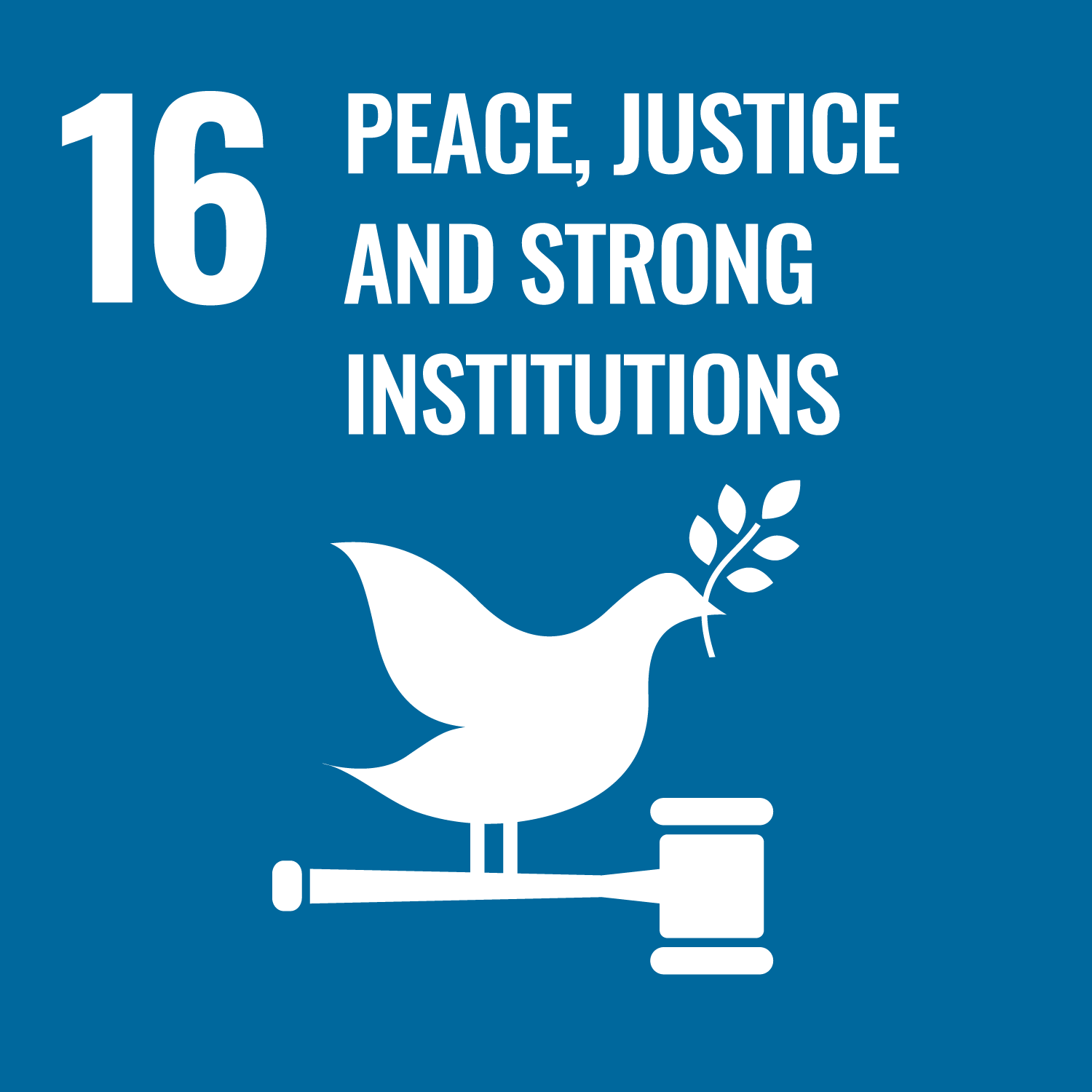This research report presents the findings of a four-year long feminist action research project conducted by DiVA for Equality with lesbian and bi women, trans men and gender non-conforming (GNC) people in Fiji. The report presents peoples’ experiences of mental, physical and sexual violence in intimate partnerships, families, in the context of the State and the wider community. The report turns a spotlight on the experiences of LBT women with the Fiji Police and Court, revealing that faith based communities ‘often perpetuate the strongest disciplining and violence against lesbian and bi women, trans men and GNC people, and for others they are a source of great support.’
The report provides a background of Fiji with a focus on relationships to power, faith and authority and the connections between these institutions and gender identity, expression and sexual orientation. A thorough explanation of research methodology and participant demographics follows. DiVA draws upon Amartya Sen’s capabilities and capabilities deficit model to propose more nuanced understandings of the lives of lesbian and bi women, trans men and GNC people in different social groups in Fiji. Agency is a central component of this research and the recommendations it contains.
The report draws connections between harmful patriarchal, racist, heteronormative and masculinised belief-systems; vertical power differentials; and the need for climate justice. The report finds that lesbian and bi women, trans men and GNC people experience high rates of physical, sexual and mental.
The report makes recommendations to State and non-state actors.








